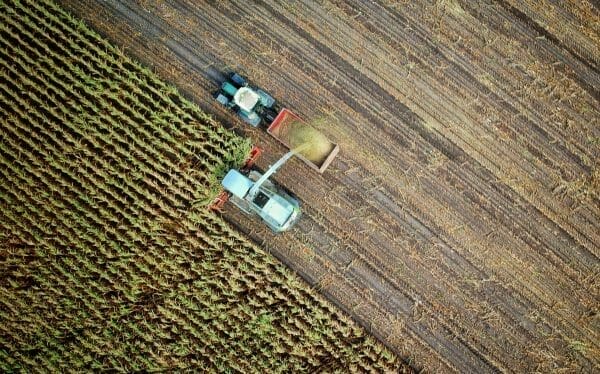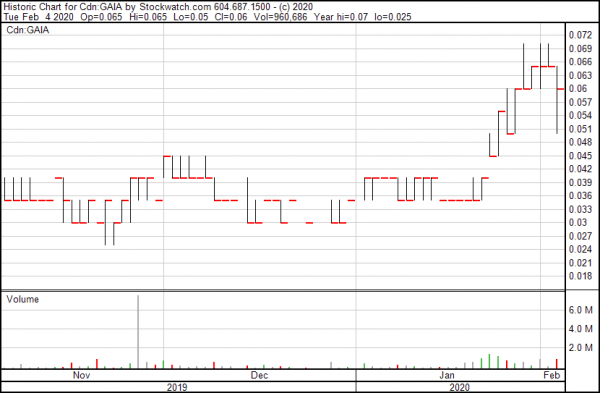A year ago if you had told me that hemp would be the only solid bet in the cannabis space, I would have nodded and conceded that it’s a strong possibility. I’d seen some of the balance sheets for the top tier cannabis-brands in operation, even as they were flying with sky high market caps, and it wasn’t hard to see the writing on the wall. They weren’t doing the work. Mitch Mcconnell had just signed the new farm bill, legalizing hemp, while cannabis hovered (and still hovers) in legal limbo.
The summer brought the end to the cannabis bubble, and now the majority of the companies that followed in Canopy Growth’s (WEED.T) pattern of inorganic growth through acquisitions without seemingly any direction or endgame are drowning in debentures. Even once-mighty Canopy is now treading water as they try to shore up what remains of their empire, and stall once again in putting out their cannabis 2.0 offerings, which they sorely require to even stay relevant, let alone competitive.
Meanwhile, companies like Gaia Grow (GAIA.V) recognize the value in organic, accretive growth, using the old fashioned time-honoured method of doing the actual work instead of looking for shortcuts.
The trend continues as at the tail end of last month, Gaia signed a binding letter of intent with Enagon Inc, a corporation that owns a milling technology that will let Gaia process between half and a full tonne of biomass per hour, and therefore increase their CBD quality in biomass by over 300%.
“Enagon and Gaia have aligned with a mutual goal of results-driven growth. Having a quality hemp product at this capacity and distributing directly to every open revenue stream is simply the best business model possible. I anticipate the next steps we take together with Enagon will continue to advance this industry, elevate both our companies and increase shareholder value. I look forward to keeping our shareholders updated with our progress over the coming quarters,” said Frederick Pels, chief executive officer of Gaia.
Doing the work
Milling is an ancient technology. It’s a mechanical method of separating straw, hurd, shiv and CBD-rich flower from hemp bales. Enagon’s milling tech is high capacity and operates between 0.5 to one tonne per hour and achieves a finished product with up to a 300% CBD increase. It’s a quick and efficient way of separating each revenue-generation portion of the hemp bale and maximizes the profitability of the entire crop.
Both parties intend for Enagon to mill industrial hemp to be sold exclusively by Gaia to fibre suppliers and licensed processors of cannabis in Canada. When Gaia supplies the hemp, the revenue will be split 30-70 with Gaia taking home the larger chunk, while when the hemp is supplied by Enagon, the 70% will go to Enagon. Gaia accepts responsibility for all sales and milled hemp and the distribution of revenue from the sales. Any revenue generated by the sale of milled products supplied by third parties will be split 50-50. Each party will cover its own expenses from its own resources and cash flow, and the industrial hemp will be milled at Enagon’s milling facility in Lacome county, Alberta.
Once revenue starts coming in from their initial sales, Enagon intends to expand its milling operations by installing and operating two additional mills. This will increase their capacity to 1.5 to three tonnes of hemp biomass an hour, letting Gaia keep up with demand.
That’s a valuable roadmap. They have a product and they’re going forward with it. They’ll expand once they’ve passed a certain growth threshold, and not before. They work smart and stay focused. It shows in their chart.
Slow but steady, reliable growth, punctuated by a mid-January double. It may dip again, because that’s how this sector works, but as long as this company keeps moving steadily forward with their plans, their growth will be consistent. And at a $13 million market cap they’re kind of a steal.
—Joseph Morton
Full disclosure: Gaia Grow is an equity.guru marketing client.








